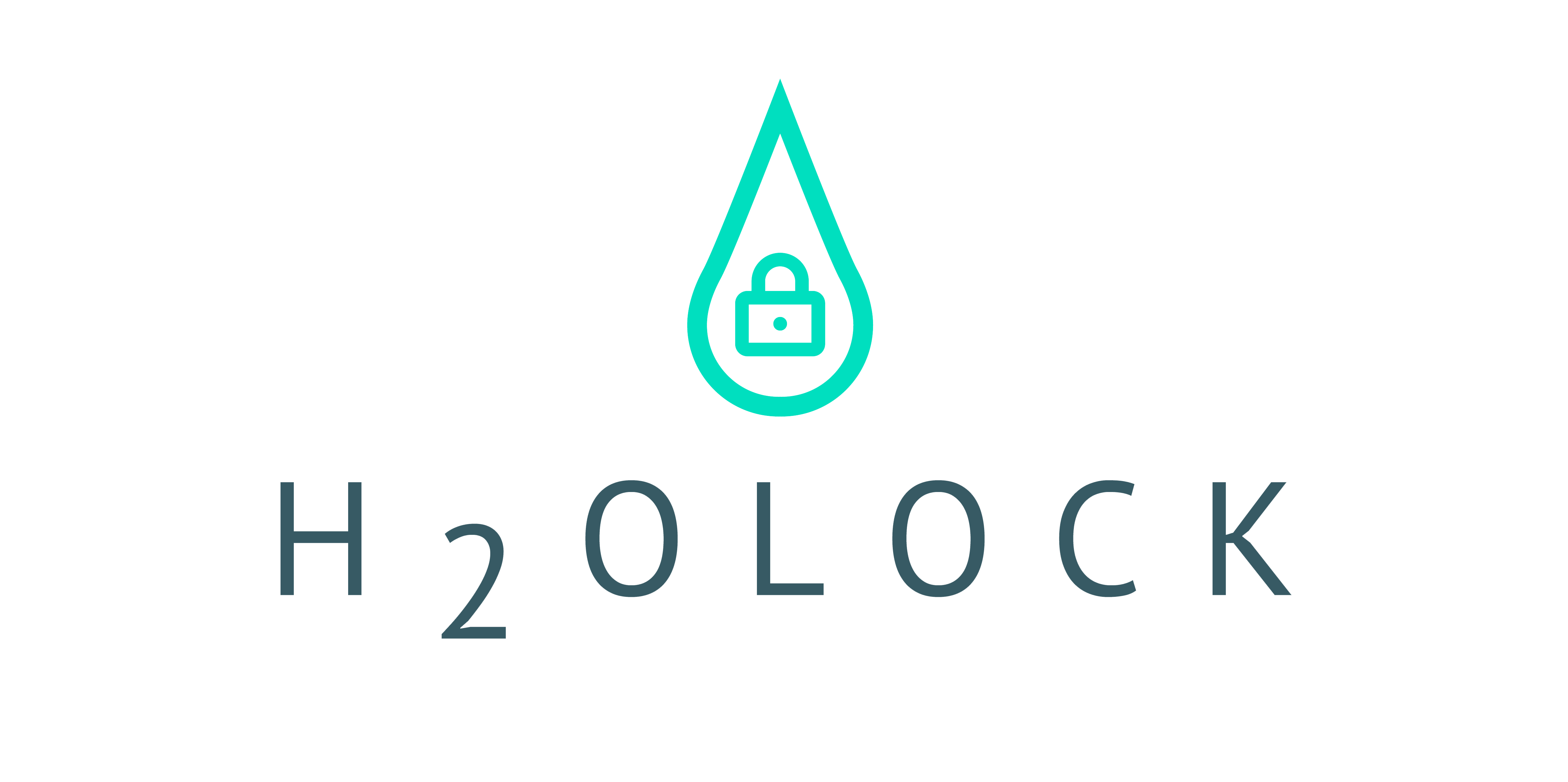On the path to agricultural efficiency, it is essential to adopt sustainable practices that allow for the responsible use of water and chemical resources. At H2Olock, we are committed to implementing innovative solutions that promote more efficient irrigation and reduce chemical consumption in agriculture. In this article, we share practical tips to help you manage resources intelligently and optimize your crops.
1. Know your crops and their water needs
Before implementing any irrigation strategy, it’s essential to understand the specific water requirements of your crops at different growth stages. Knowing what each plant needs allows you to adjust irrigation properly and avoid over- or under-watering.
2. Use smart irrigation systems
Modern irrigation technology offers a variety of intelligent systems that allow for automated scheduling and control. Installing soil moisture sensors and climate-based irrigation controllers can help you water your crops at the right time and in the right amount.
3. Practice drip irrigation
Drip irrigation delivers water directly to the plant roots, reducing water waste and minimizing evaporation. This method also lowers the risk of diseases caused by excess moisture.
4. Apply mulching
Using mulch (organic or synthetic material covering the soil) helps retain moisture around crops, reducing evaporation and the need for frequent watering. Mulching also acts as a barrier against weeds, decreasing competition for water.
5. Implement crop rotation
Crop rotation is beneficial for both soil health and water management. Different crops have different nutritional and water requirements, which helps reduce the buildup of pests and diseases in the soil.
6. Constantly monitor and adjust
Avoid sticking to a static irrigation strategy. Regularly monitor soil moisture levels and adjust according to weather conditions and crop development. This will allow for more precise water application.
7. Minimize chemical use
Opt for integrated pest management (IPM) practices to reduce reliance on chemical products. Encourage natural predators and use organic products when necessary to protect your crops.
8. Recycle and reuse water
Explore the possibility of recycling rainwater and drainage water for irrigation. Collecting and storing water can be an effective solution to reduce reliance on potable water for crops.

